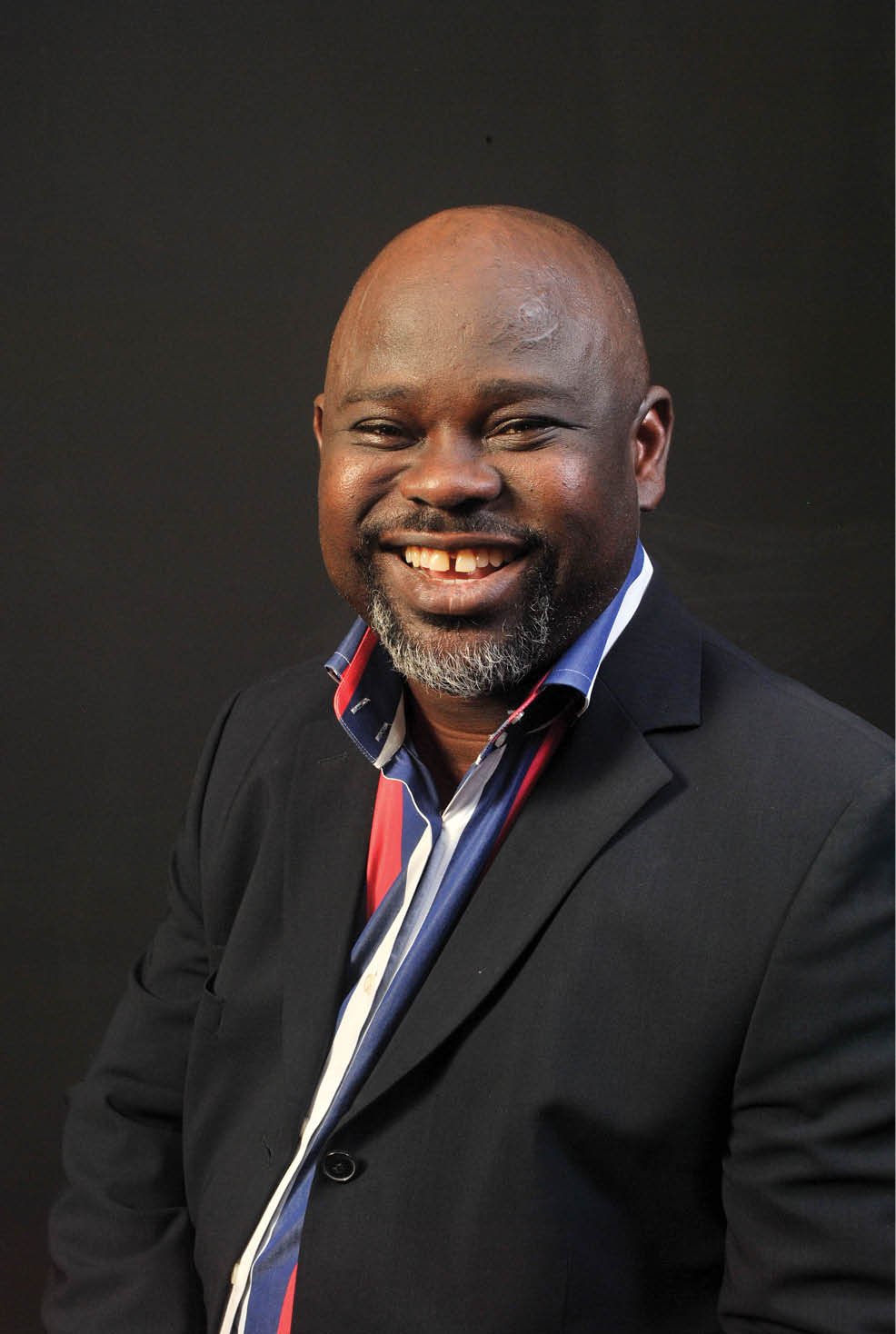When in June 2015, my friend Hon. Ahmed Aliyu Wadada invited me to join the team to help plan and organise the maiden tournament at his newly commissioned Keffi Polo Ranch in Nasarawa State,it opened my eyes to new opportunities waiting to be exploited by the teeming youth of Nigeria: events planning and management.
Spending for special events globally has exceeded a whopping $500billion annually according to Dr Joe Goldblatt, who is the founder of the International Events Society and the founding director of the event management programme at George Washington University.
We went to work and came up with committees to help plan a successful event. We asked a few companies to bid for the management of activities, covering ushering, the reception, cocktails and decorations.
Their submissions and subsequent meetings opened my eyes to the world of event planning and management and I will go ahead and share with you how you can start and run a small but profitable events management company.
Just to put the article in perspective, events planning and management can occur for the following purposes:
• Celebrations (fairs, parades, naming ceremonies, weddings, reunions, birthdays, anniversaries)
• Education (conferences, meetings, matriculations and graduations)
• Promotions (product launches, political rallies and campaigns, fashion shows)
• Commemorations (memorials, civic events)
This list is not exhaustive and you can add any other celebrations in your area that need planning. The next question you need to ask is what exactly is event planning? A simple definition is activities that involve the following: conducting research about an event, creating an event design and layout, finding venues, which could include hotels, halls, gardens etc, arranging for accommodation, entertainment, sending out invitations, coordinating event personnel and evaluating the whole event after the party or celebration.
The need for event planners and managers is becoming more and more important.As people get busy with work,they find less time to attend to things such as planning an event, which is time consuming and requires a professional touch that will make an event stand out.
The market for this is growing by the day and more companies now outsource their meetings and catering to professionals and the need for such services could range from micro or medium, to large scale, so there is always an opportunity for all classes of people in this business space.
Who Can Become An Event Planner?
Planners are often people who got their start in one particular aspect of special events. Business owner Fatima Mohammed had a successful catering company before she decided to go into planning entire events. Many other planners have a similar story. This explains why planners often not only coordinate entire events but may also provide one or more services for those events.
Event planners may also have started out planning events for other companies before deciding to go into business for themselves. Olawunmi planned in-house events for a retail chain for 11 years and then worked for another events planning company before setting up her own events planning business.

The Markets
The events market can be broadly divided into corporate and social markets.
Social events include presidential dinners, Independence Day celebrations, weddings, birthdays, anniversary parties, children’s parties, school reunions and so on.
The market for social events planning, especially birthdays and anniversaries, is expected to continue to increase over the next few years, as the middle class continues to grow in Nigeria and their income increases. This group has children getting married, parents celebrating golden anniversaries and their own wedding anniversaries to commemorate.
The term ‘corporate’ includes not only companies but also churches, mosques and non-profit organisations. Churches, mosques and non-profit organisations host gala fundraisers and singles and marriage conferences, among other events, to expand their public support base and raise funds. Thousands of these events occur each year. The large ones, such as those organised for MTN, Globacom and Shelletc, require specialised events planning experience, but you may find smaller, local events to start out with.
How Much Do I Need to Start?
How much money you will need to start your events planning business will depend on the cost of living the area your business serves and whether you work from home or rent office space. It will also depend, to a lesser degree, on your taste and lifestyle choices. I advise you start your business small and keep costs low and then grow the business.
Downsides of Event Planning
By its very nature, event planning tends to involve evenings, weekends, holidays and sometimes, specific seasons. How much time you will need to commit to working will depend, once again, on the size of the event you are planning and managing.
As a general rule, social events involve more weekends and holidays than corporate events do.
The good part of the business is that you can do it all year round. No matter what your specialisation though, you can count on having to work at least some evenings, as you coordinate and supervise events. The planning of those events, however, will be done mostly during business hours.

The most recent study in the industry shows profit margins can be as much as 40-60 percent. The study attributes the industry’s continued growth to several factors, including the improved economy and the trend of corporate/social Nigeria to outsource their functions and meetingplanning.
So youths, instead of complaining about the lack of jobs in the country, here’s a business opportunity you can start on a small scale from our market place.


